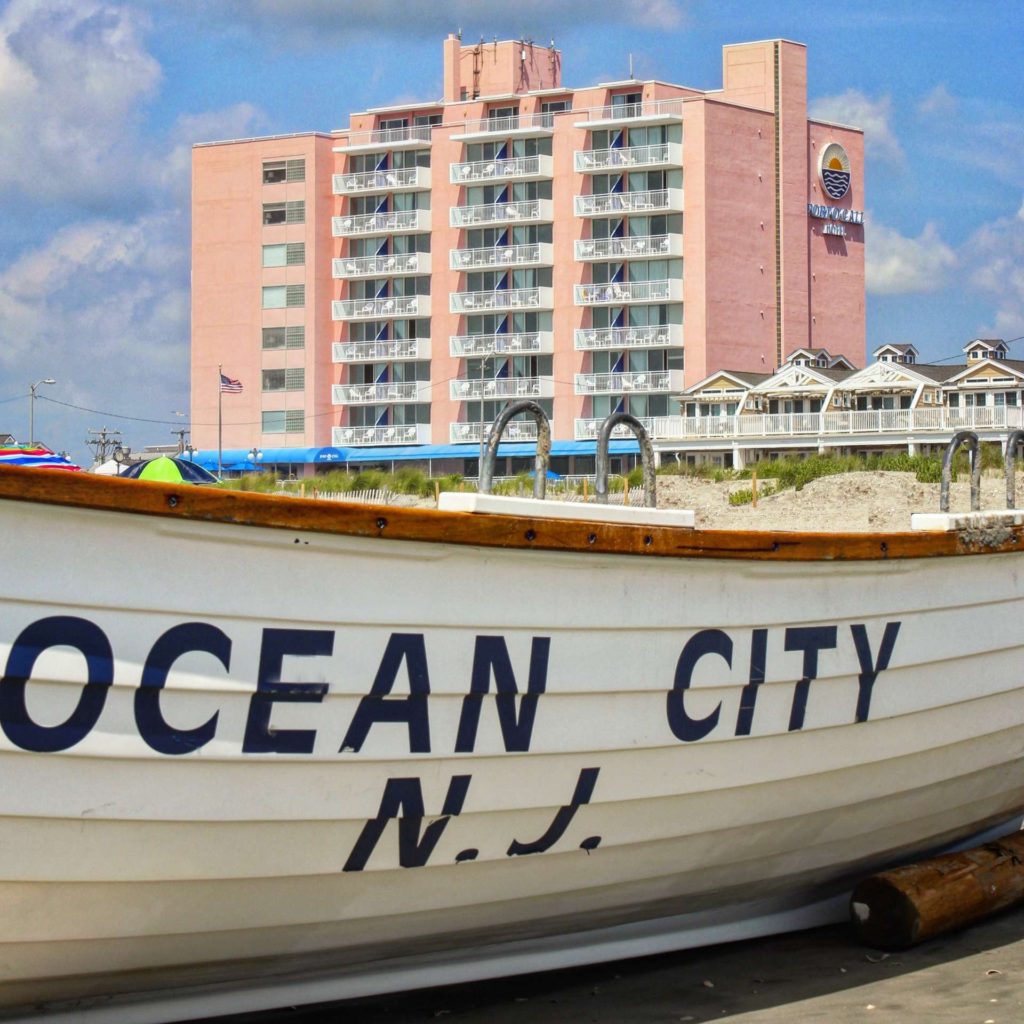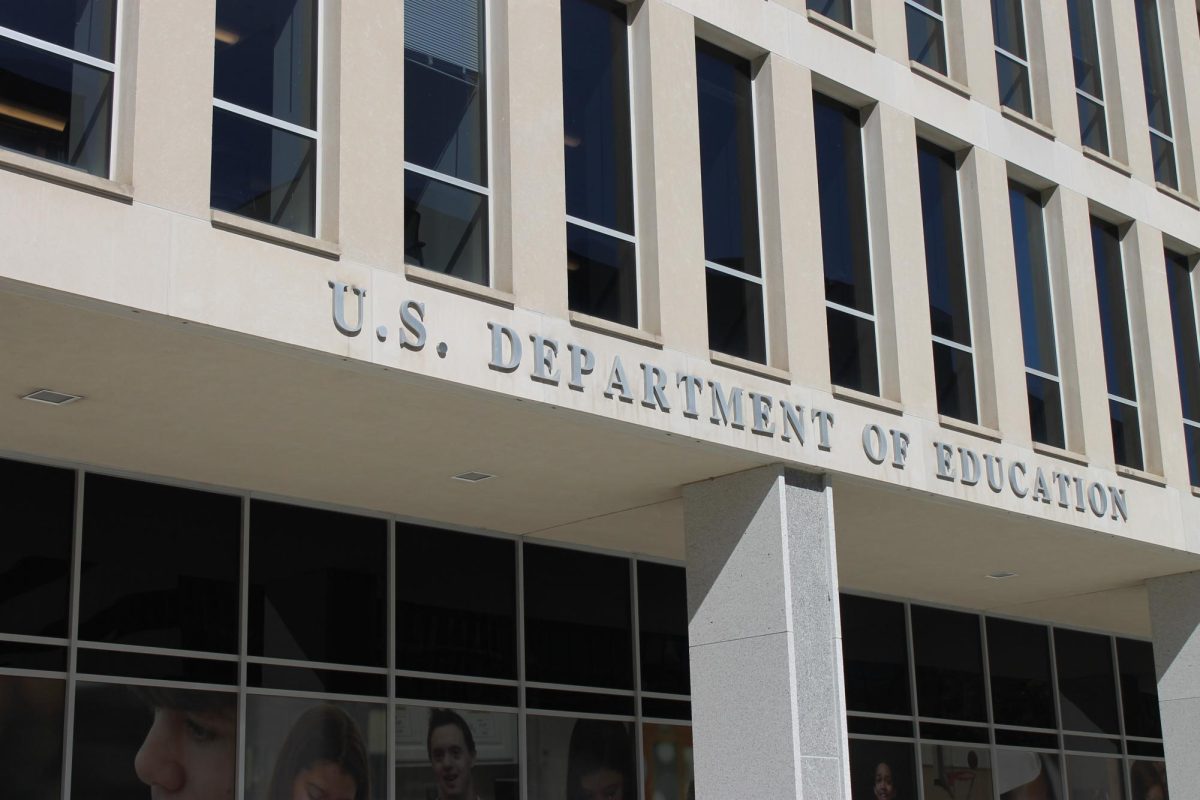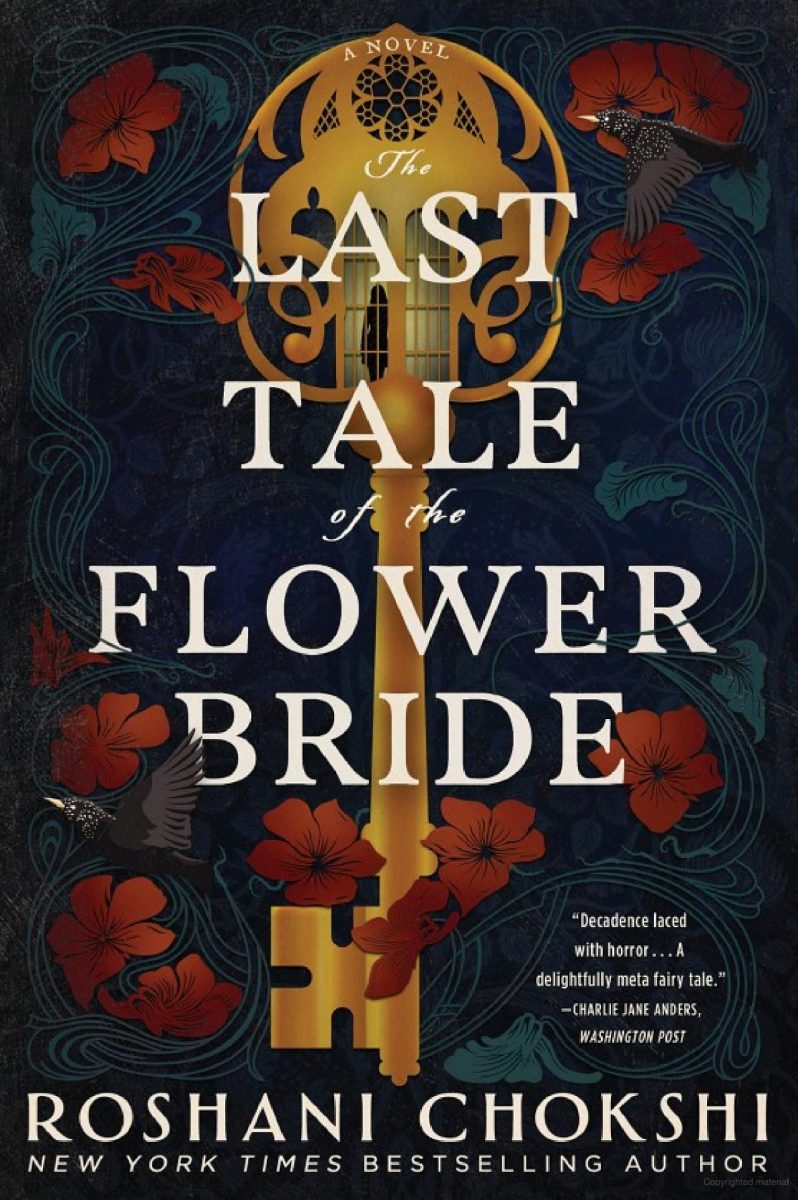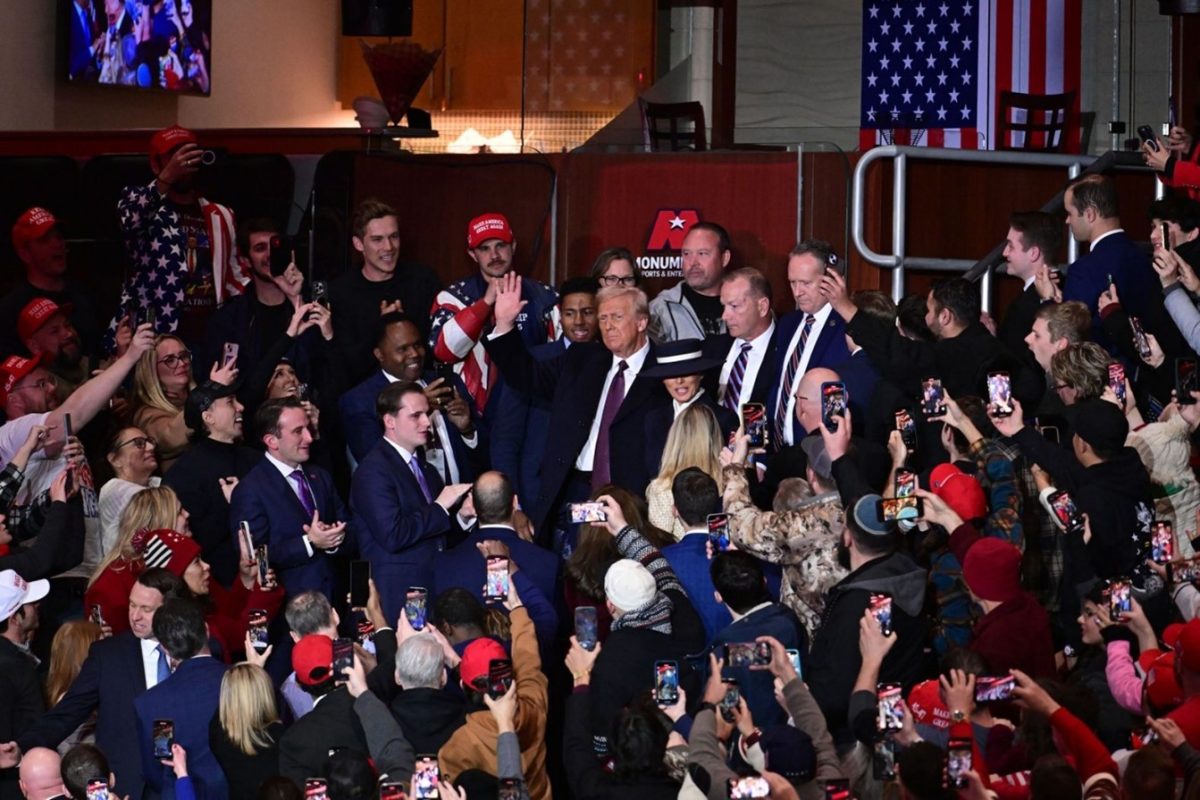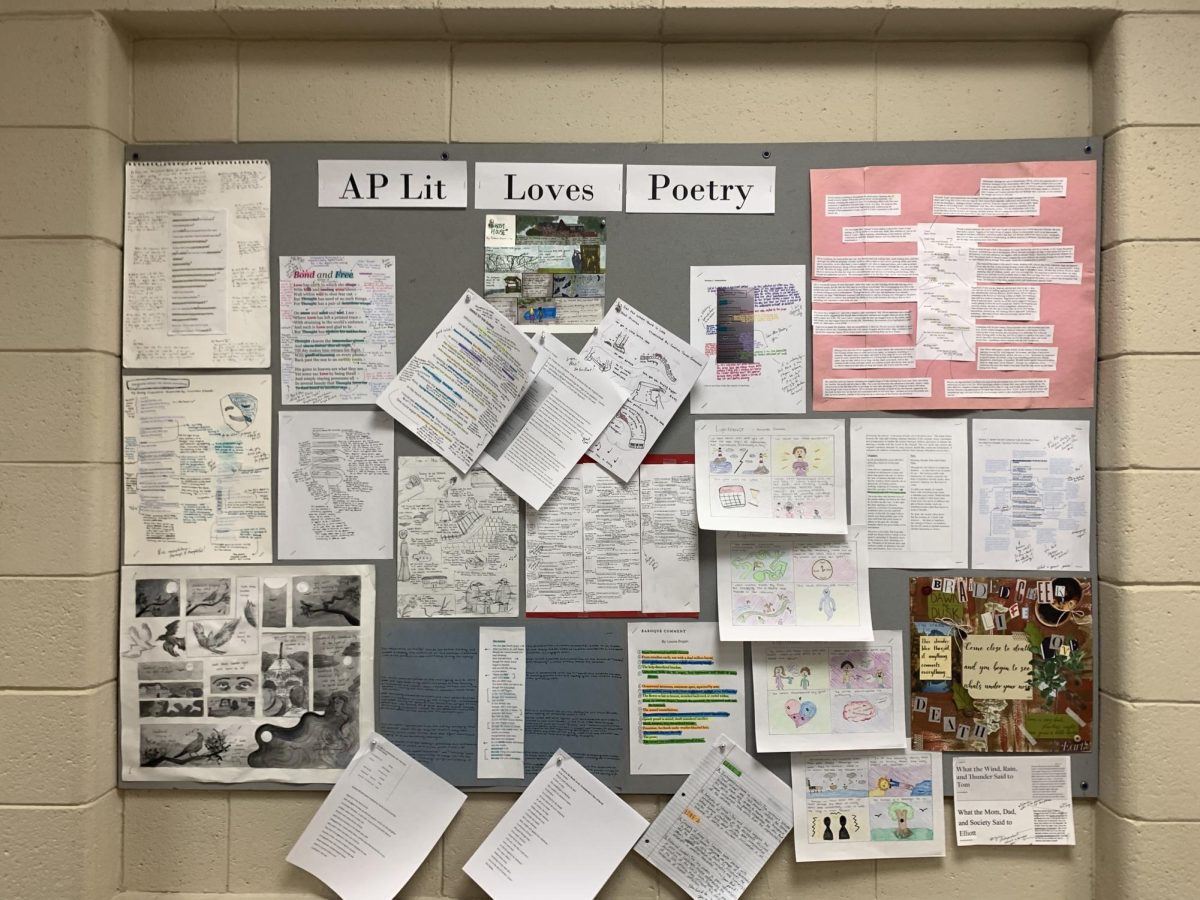The internet is notorious for being good at keeping its viewers engaged, so much so that accounts can amass millions of followers. TikTok, YouTube, and Instagram are in the top five social media sites used by the 62.6% of people who use social media worldwide, and people of all ages are featured on them. One may think posting a picture of one’s kids at the beach or telling a funny story about one’s kids to Facebook is innocent enough; however, the question of whether or not it’s moral to post one’s kids on the internet has been sharply debated.
Some of the first instances of posting your kids on the internet emerged in the late 2000s and early 2010s with family vlogging channels. These channels would film day to day life of the family, most of the time including many intimate details about the children such as their fears, their doctor appointments, and sometimes even their births.
While these channels were popular all throughout the 2010s, as the 2020s began so did the critiques. The parents behind these channels were bad parents, often putting views before their kids. Their first instincts were to pull out the camera instead of helping their children in private. Many of the channels have shut down now due to the children (see: money makers) being grown up or the internet’s critiques of their parenting getting to them.
Many might think the children of these channels are dramatic and unappreciative of their fame and money, but it is not that simple. These children were not allowed a moment of peace or privacy. For example, Abby Franke, one of the children of the 8 Passengers YouTube channel, had her first period aired to their 2.5 million subscribers. There was no thought into how she might feel about that being posted, there was nothing she could do either in that situation most girls would find humiliating because child internet stars have very little legal protections.
Children are already a demographic with very little rights and autonomy. Shouldn’t the ones forced to be on camera get some sort of protection for entertaining the world for the majority of their lives?
An example of this exploitation of children has to do with Rubie Franke, mother of the famous 8 Passengers YouTube channel. Franke went viral for her large family and strict parenting advice which included taking away her children’s beds and restricting their food. After a year of not posting on the channel Franke was arrested in August 2023 and charged in February 2024 for second degree aggravated child abuse. This off-camera abuse included forced fasting, manual labor, and convincing her young children that they were evil.
Another example of this exploitation occurred back in 2015 when Caleb Leblanc, one of the children of the Bratayley channel, died of a sudden heart attack due to an undetected heart condition called hypertrophic cardiomyopathy. His mom, Katie Leblanc, still found a way to exploit his tragic passing by live streaming his funeral on her Facebook where as many as 40,000 fans watched from their homes. It is wrong that Calebs funeral was live streamed, but it is even more despicable that his younger siblings, Hayley and Jules, were not allowed to mourn in private.
But why was it just now that Franke was arrested when the internet witnessed her bad parenting for years? Why was it not questioned that Leblancs funeral was live streamed without any consideration for the rest of the family mourning?
People find the parents’ behavior disgusting when they look at it, so why are there no protections put in place for these kids?
Lawmakers need to pass bills to protective child internet stars similar to how child actors have certain laws protecting them. There needs to be laws like the Coogan law, which protect child actors financially, labor laws that limit how much time kids spend on camera, and special work permits for child internet stars.
Establishing these laws will not detract from a channel or accounts content, it will only protect the children involved in the content. There is no reason not to protect child internet stars the same way child actors are protected as they do similar work and are just as deserving of legal protections.


